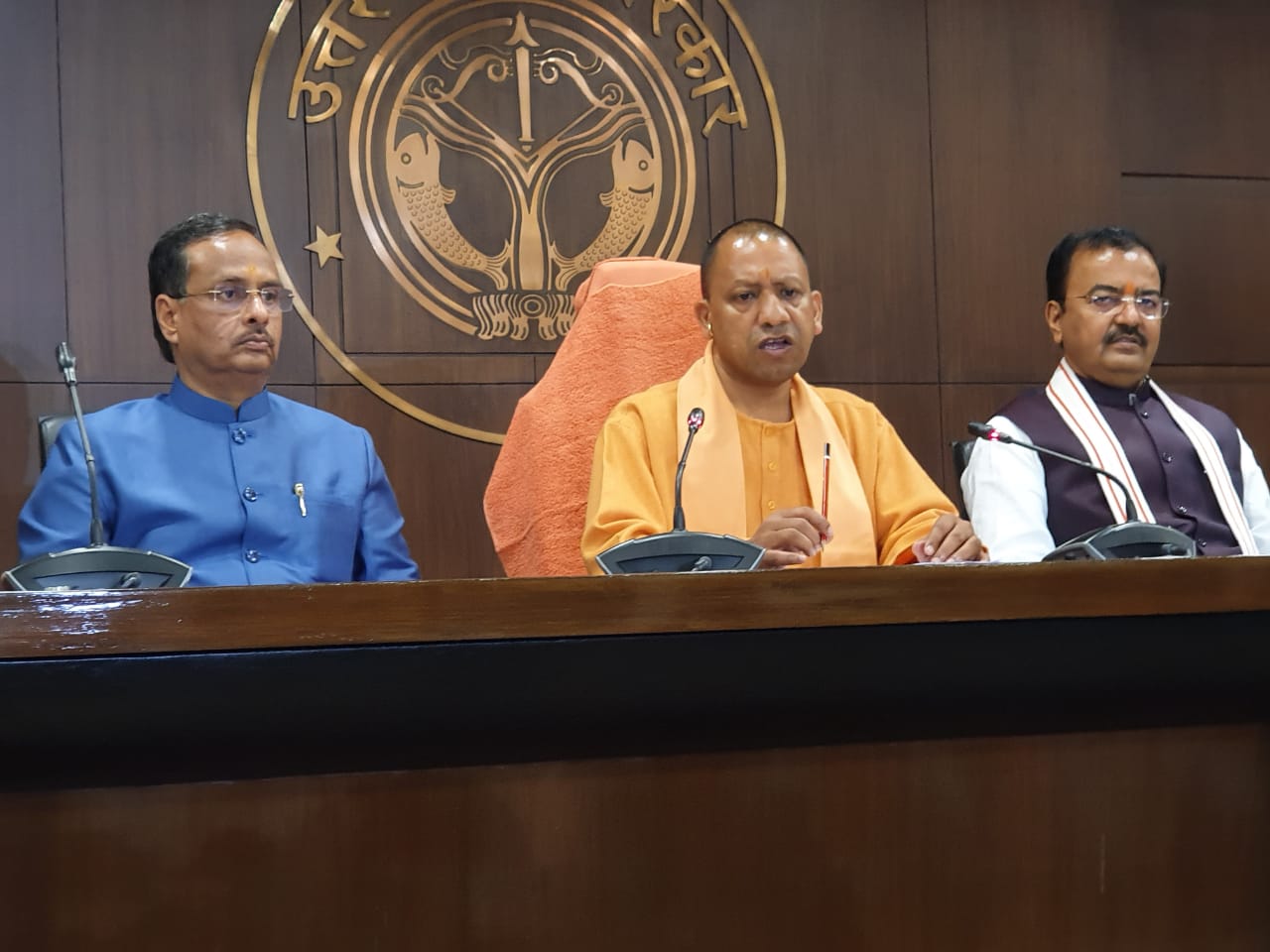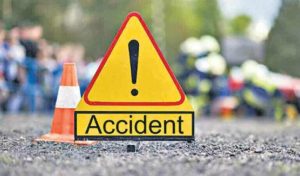Lucknow, March 13: The Yogi government of Uttar Pradesh has brought an ordinance to recover the loss of government and private property during an anti-CAA protest on December 19 in Lucknow. The cabinet also approved the proposal of the state government on Friday.
The Uttar Pradesh Recovery of Damages to Public and Private Property Ordinance (UPRDPPPO) 2020 was passed in a cabinet meeting held at Lok Bhavan today under the chairmanship of Chief Minister Yogi Adityanath.
Under this, if government or private property is damaged during the a sits-in or demonstration in the state, then it will be compensated.
After the cabinet meeting, the state Parliamentary Affairs Minister Suresh Khanna said that the action taken so far earlier to compensate for the losses during the violent protest was done under a government order. He told that the apex court has also talked about making laws for this.
Mr. Khanna said that the Allahabad High Court had also specifically stated in the writ petition of the year 2007 that public and private properties are damaged by rioters during illegal stir and strikes so in such a situation, property damaged from miscreants should be compensated.
He told that in view of this, the UPRDPPPO was proposed in the cabinet by the state government, which was passed unanimously. He informed that now the government will soon bring law through the ordinance.
This ordinance of the Yogi government is being linked to the poster case of Lucknow. Significantly, poster and hoardings bearing names, photos and address of those accused who spread violence during the protest on December 19 in Lucknow.
However, The Allahabad High Court has ordered their removal by March 16. The Yogi government moved the Supreme Court against this order of the High Court but there he did not get a stay and the top court transferred the case to a larger bench.
The court’s comment in this case is under which law this action has been taken. In such a situation, the state government wanted to make a law in this matter. Since the Assembly is not in session at this time, the government has brought it as an ordinance. Later it will be passed by the Legislative Assembly and will be given the form of law.





